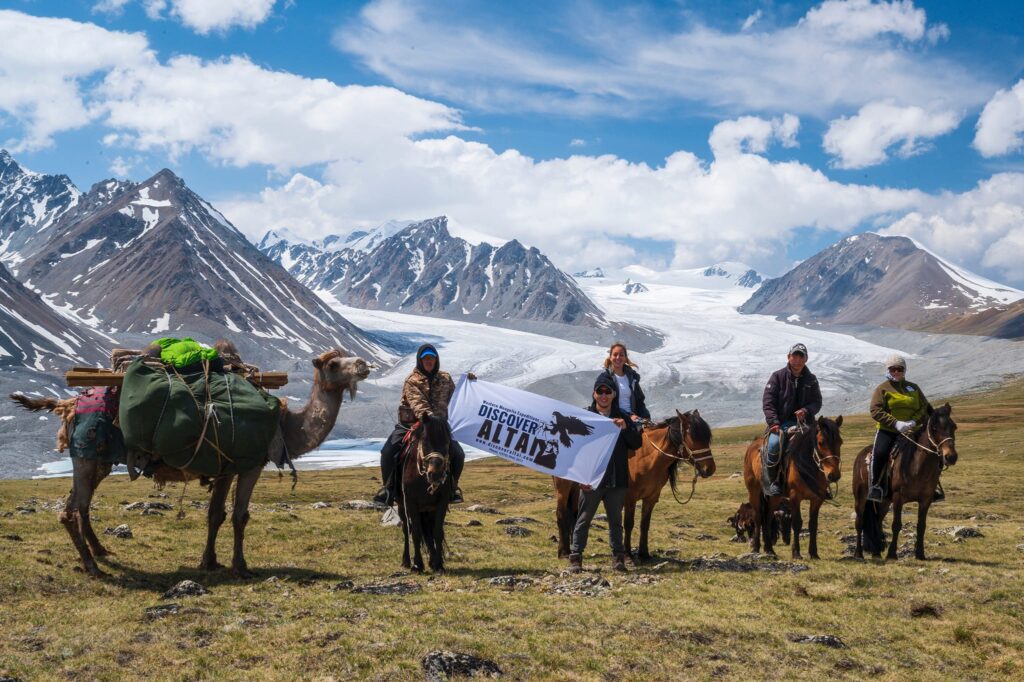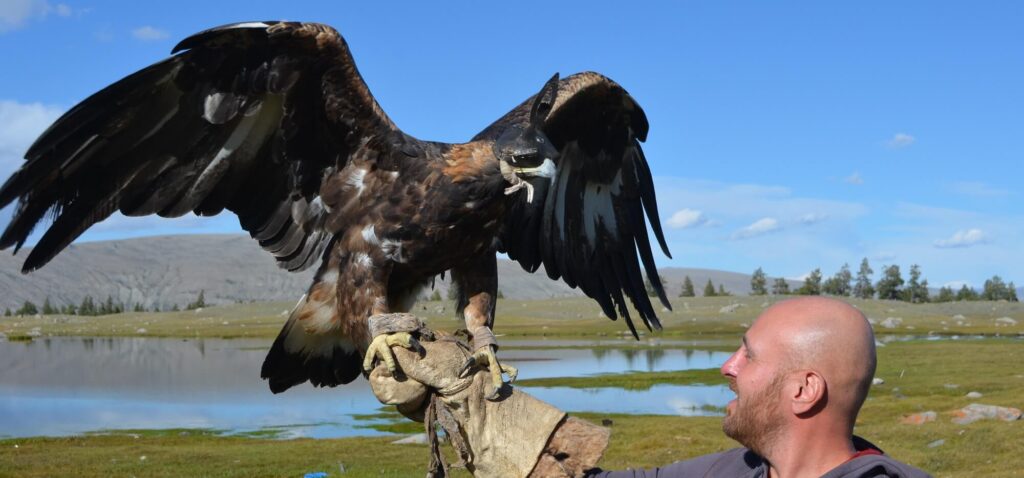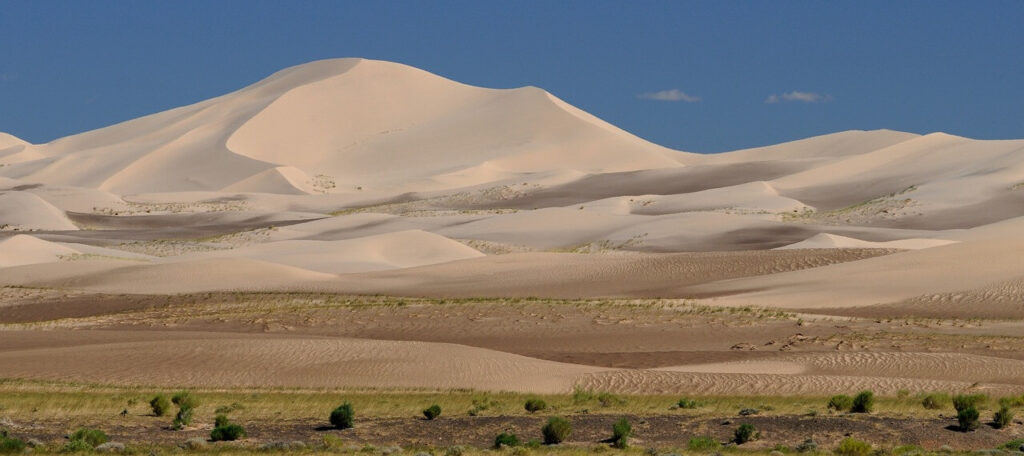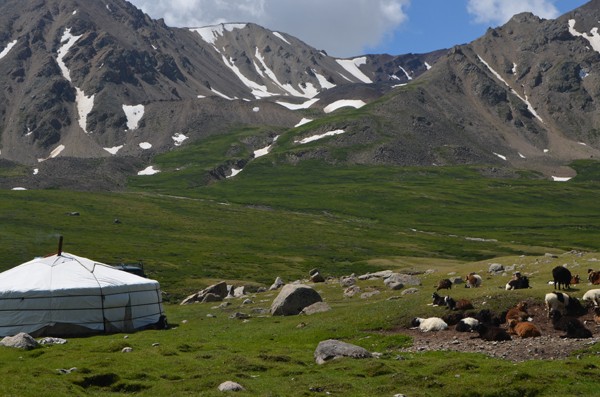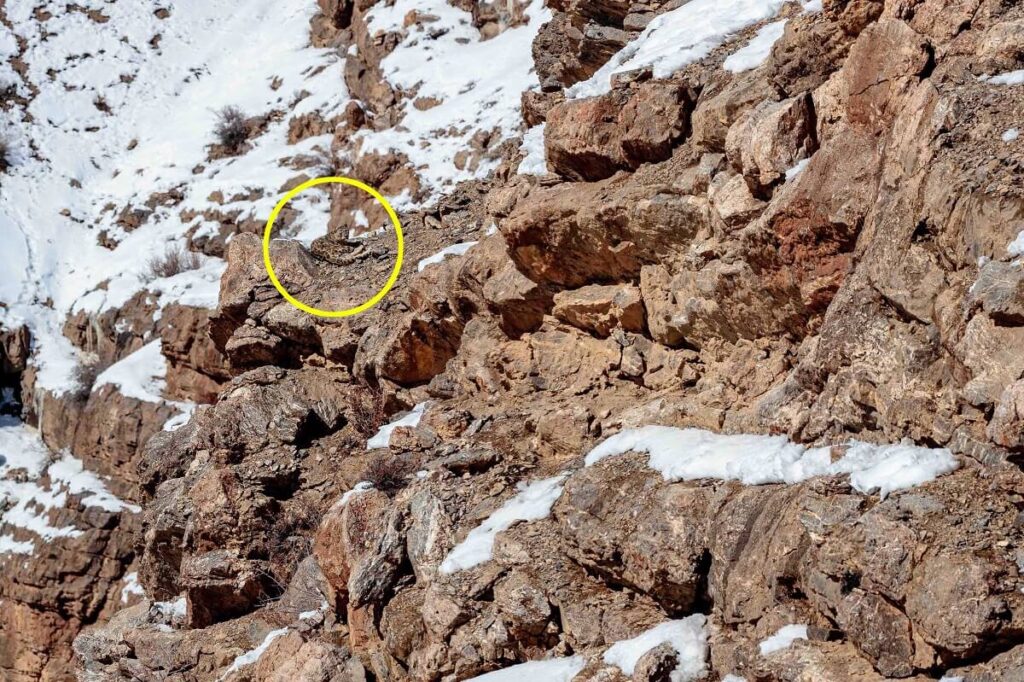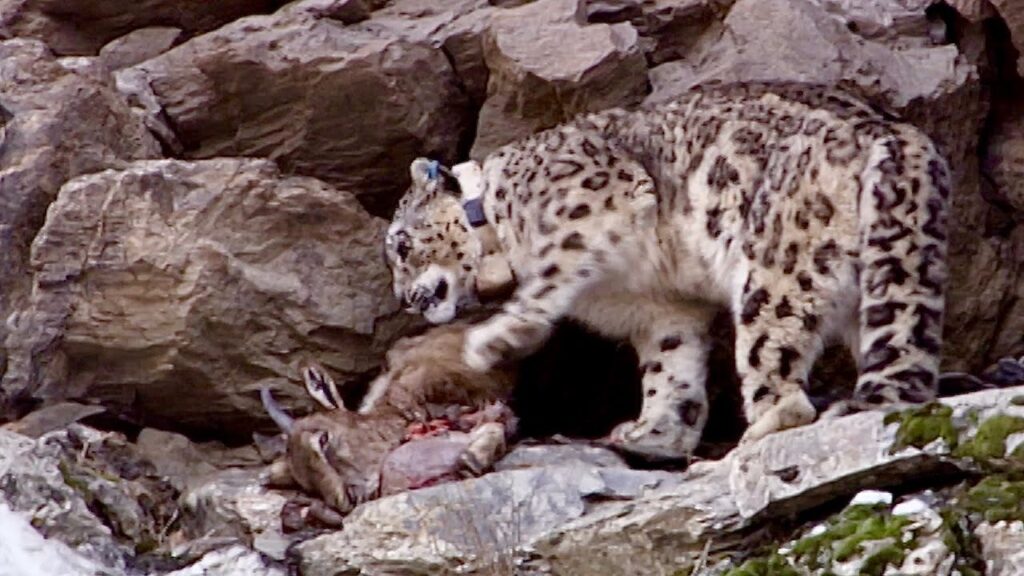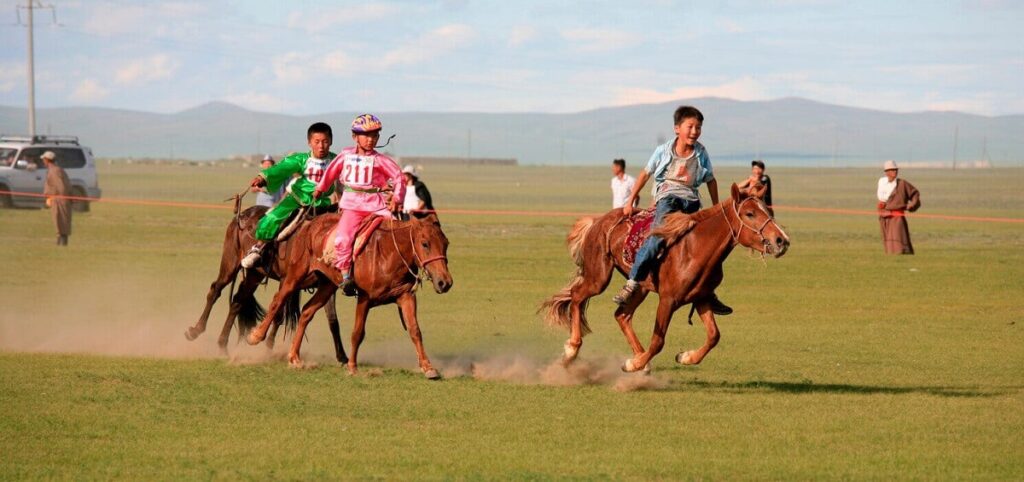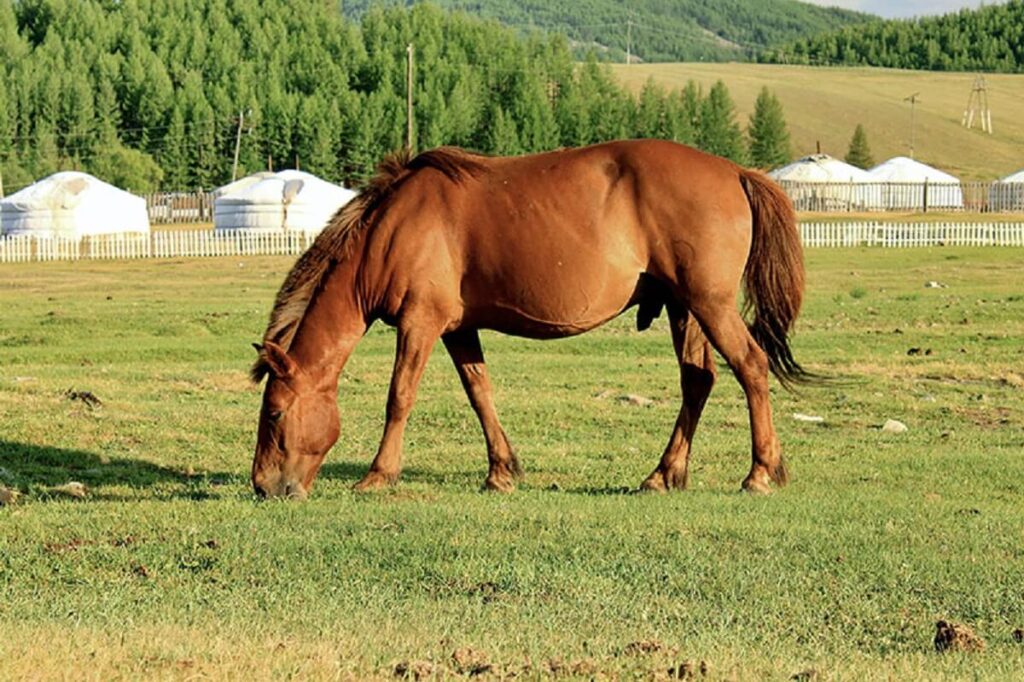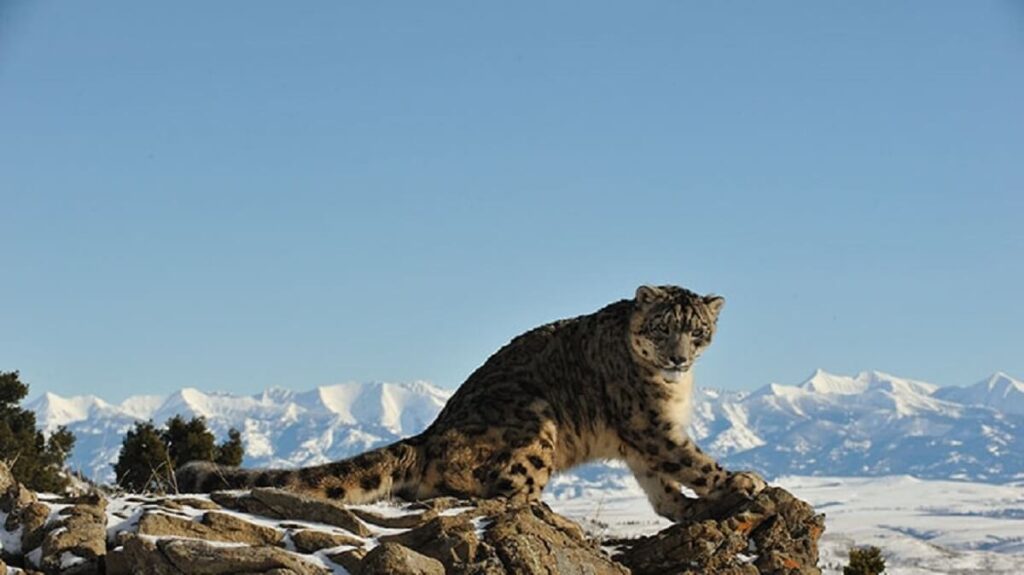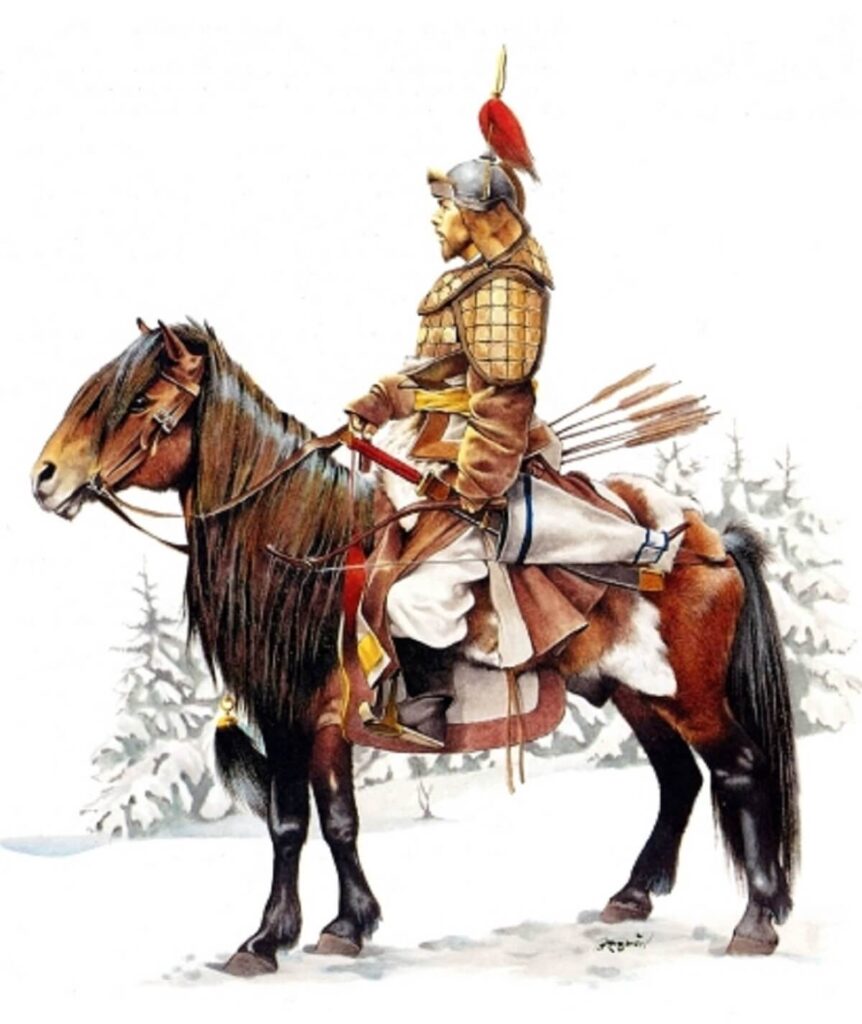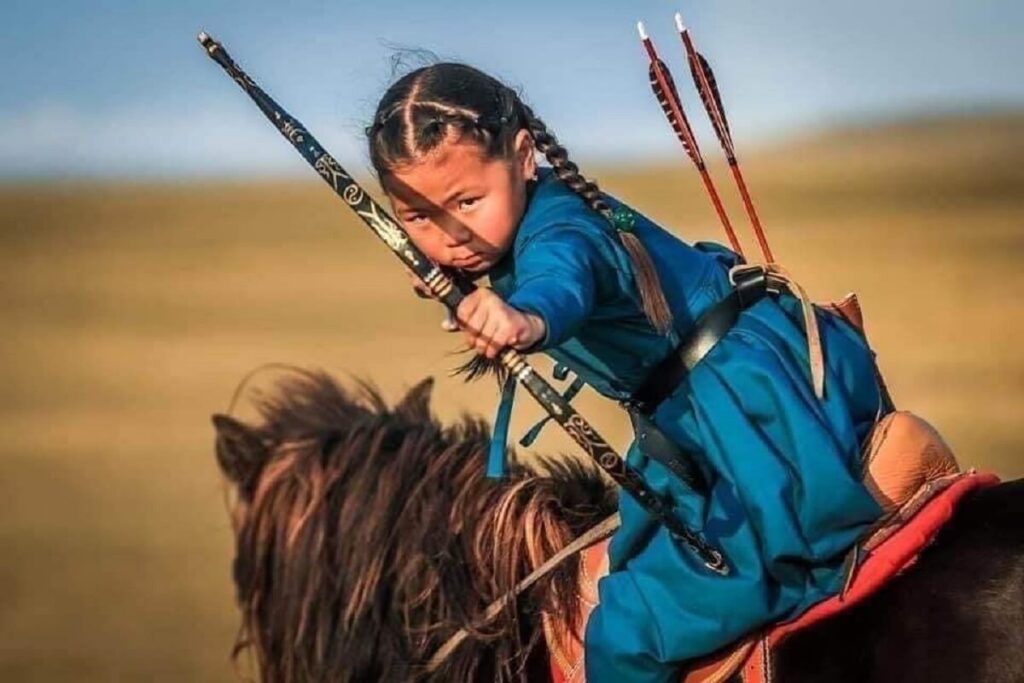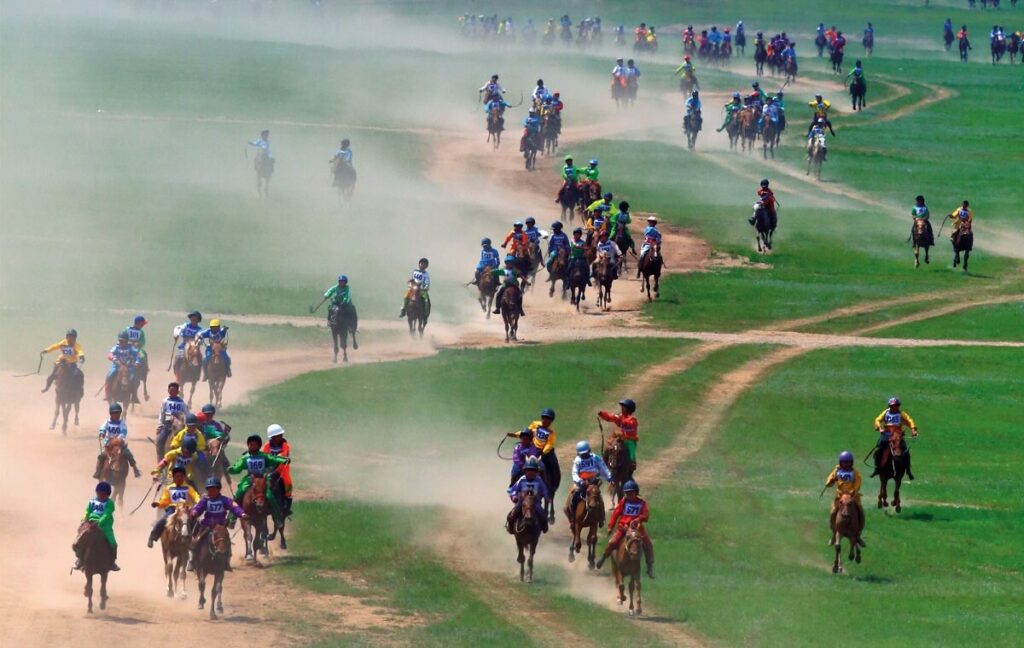One of the most biodiverse places on Earth, the Altai Mountains are home to a wide variety of animals. From the majestic snow leopard to the tiny pika, these creatures have adapted to life in one of the harshest environments on the planet. Here are just a few of the amazing animals that call the Altai Mountains home.
We offer you THE BEST OF ALTAI TAVAN BOGD. The Altai Tavan Bogd National Park is one of the most beautiful places in Mongolia, where you can not only enjoy the magnificent Altai Mountains, but also meet a nomadic eagle hunting family and experience their ancient traditions and culture. 🤩🤩
SNOW LEOPARD
The snow leopard is one of the most elusive animals on the planet. These beautiful cats are incredibly well-camouflaged, and are experts at hunting their prey. Found in the high altitudes of the Altai Mountains, snow leopards are perfectly adapted to life in a cold climate.
They have thick fur coats that keep them warm in the harshest conditions, and long tails that help them balance on the steep mountain slopes. You can read about more fun facts about Snow Leopard here.
There are just about 6000 of these elegant big cats left and there is a large population in the Altai. You’re more than welcome to come and take pictures of these stunning animals.
PIKA
The pika is a small mammal that looks like a cross between a rabbit and a guinea pig. These cute little creatures are found in the rocky areas of the Altai Mountains, and are known for their high-pitched cries.
Pikas are incredibly well-adapted to life in a cold climate, and have thick fur coats that protect them from the elements. These furry little animals are also experts at storing food, and can often be seen collecting grass and other plants to stockpile for winter.
You’re most likely to spot a pika in the early morning or evening, when they are out foraging for food. If you’re lucky enough to see one, be sure to snap a photo!
GOLDEN EAGLE
The golden eagle is one of the most impressive birds of prey on the planet. With a wingspan of up to 2.5 metres, these powerful birds are truly awe-inspiring.
Golden eagles can be found in many different habitats, but they are most commonly seen in mountainous areas like the Altai Mountains. These birds typically hunt small mammals such as rabbits and squirrels, but have been known to take down larger prey like deer and sheep.
Hunting with eagles is an old tradition that some say dates back 4000 years. The only people who still hunt with eagles live in the Altai region of Western Mongolia. It takes skill to train and handle these temperamental birds, as they can easily injure themselves or their handler if not handled properly.
Around 250 captive eagles are kept in Bayan-Ulgii solely for this purpose; however, they aren’t trapped forever. These birds of prey are set free after a few years so that the population isn’t harmed. Also, golden eagles aren’t exported like other types of falcons because they aren’t utilized as often by falconers outside of Kazakhstan.
If you’re lucky enough to see a golden eagle in the wild, you’ll never forget it. These magnificent birds are truly a sight to behold.
SIBERIAN IBEX
The Siberian Ibex, a type of wild goat with long curved horns, is an amazing animal that is usually found high above the tree line. It will only come down to get away from the cold during winter or if it’s fleeing a predator like the snow leopard.
Unfortunately, both the Siberian Ibex and snow leopard are endangered species. The ibex is hunted for its meat and horns, which are used in traditional Chinese medicine.
The best time to see a Siberian Ibex is in the early morning or late evening, when they are most active.
GREY WOLF
The grey wolf has always had a love-hate relationship with the nomadic herders. While ancient religions and modern day shamanism worship the power and cunningness of the wolf, there is a constant battle to protect herds from these predators.
They usually travel in packs of 5 to 10 wolves and can cover large areas due to excellent endurance and speed.
Although the grey wolf is an apex predator, it is an important part of the ecosystem. By preying on the sick and weak, the grey wolf keeps populations healthy and prevents the spread of disease.
After communism and the population control programs fell, the grey wolf surged in numbers. However, now they are being hunted for their fur which is prized in traditional Chinese medicine.
CORSAC FOX
The corsac fox is a small, shy creature that is rarely seen by humans. These nocturnal animals are expert hunters, and use their acute sense of smell to track down prey.
Corsac foxes are found in the steppes and deserts of Kazakhstan, and are well-adapted to life in a dry climate.
The corsac fox has many predators, including other foxes, wolves and birds of prey. This species of fox is able to run fast, but gets tired quickly – making it easy for a wolf to catch up and kill the animal.
The fur of the corsac fox is valuable on the market which has resulted in poaching being a major issue for this species throughout history. Today, they are listed as an endangered species by the IUCN Red List with no accurate estimate of how many remain in existence today.
CINEREOUS VULTURE
The cinereous vulture is the largest bird of prey in the world, with a wingspan of up to 3.5 metres. These powerful birds are truly awe-inspiring. Cinereous vultures can be found in many different habitats, but they are most commonly seen in mountainous areas like the Altai Mountains.
The vulture is very voracious and eats mostly carrion. Six birds can feed on a 50 kilogram wild boar for several hours, leaving only skin and a skeleton at the end.
In the wild, vultures live 39 years on average, but some of them live up to 50 years. These scavengers play an important role in the ecosystem by cleaning up carcasses and keeping the environment clean.
Unfortunately, they are often hunted for their meat and feathers which are used in traditional clothing and ceremonial headdresses. Climate change, dwindling populations of the cinereous vulture’s prey, and occasional toxic chemical poisoning from industrial activity have resulted in the endangered status of the species.









